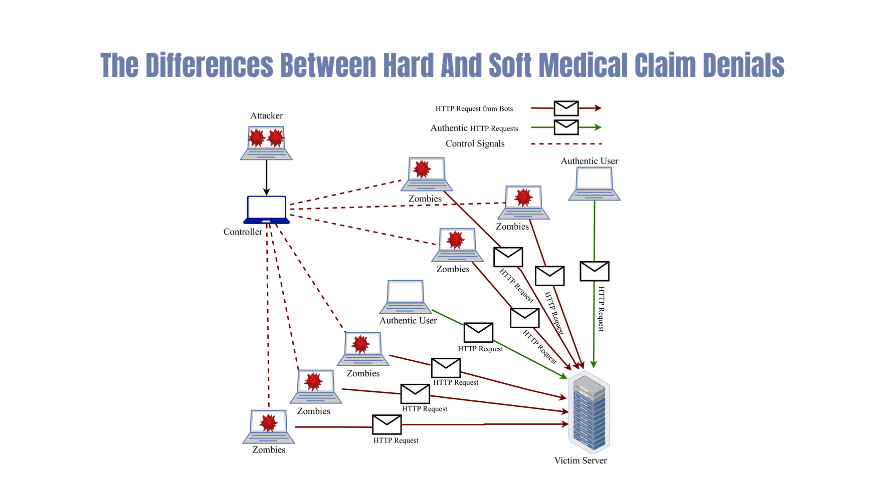As a patient or healthcare provider, it is important to understand the differences between hard and soft medical claim denials. In the world of medical billing, claim denials are a common occurrence. A claim denial is when an insurance company refuses to pay for a particular medical service.

Hard Medical Claim Denials
A hard medical claim denial is a complete denial of the claim. This means that the insurance company is not going to pay for the service, and the provider or patient will be responsible for the full cost. Hard medical claim denials can happen for a variety of reasons.
One of the most common reasons for a hard medical claim denial is lack of medical necessity. Insurance companies have strict guidelines for what medical services they will cover, and if a service is deemed unnecessary, they will not pay for it.
Soft Medical Claim Denials
A soft medical claim denial is a partial denial of the claim. This means that the insurance company will pay for some of the services, but not all of them. Soft medical claim denials can happen for a variety of reasons as well, but they are often related to errors in billing. For example, a provider may have used the wrong billing code, or they may have submitted the claim with incomplete information.
One of the advantages of a soft medical claim denial is that providers can often correct the error and resubmit the claim for payment.
Conclusion
In conclusion, understanding the differences between hard and soft medical claim denials is important for both patients and healthcare providers. Hard denials are often related to lack of medical necessity, while soft denials are often related to errors in billing.

Recent Comments